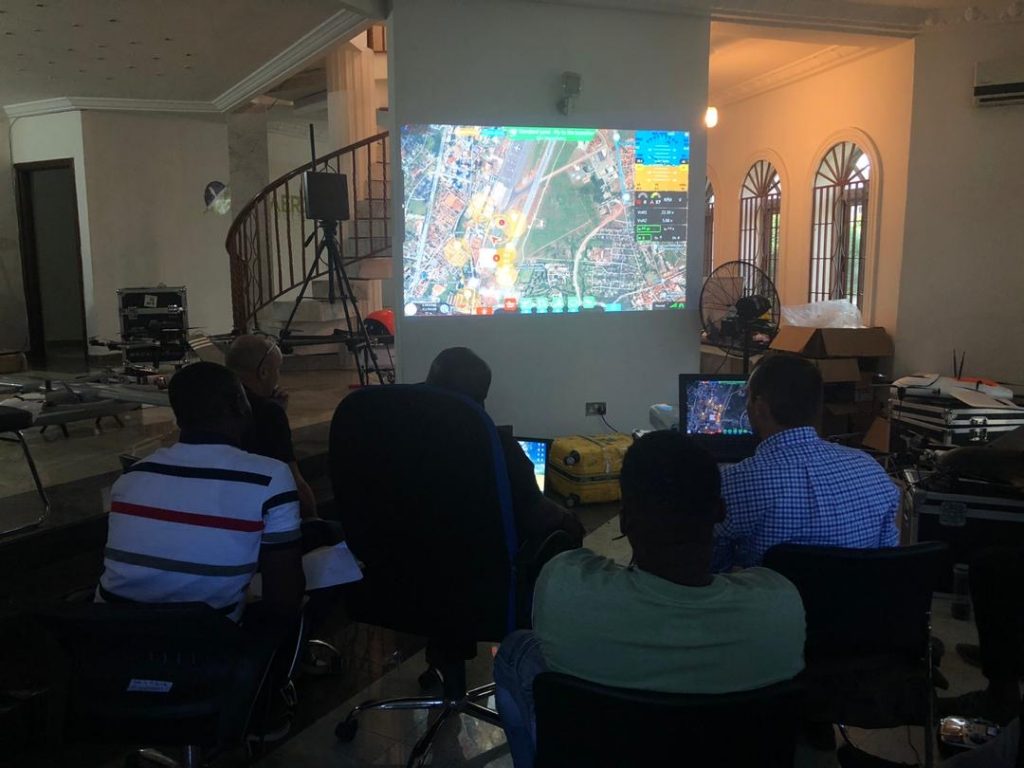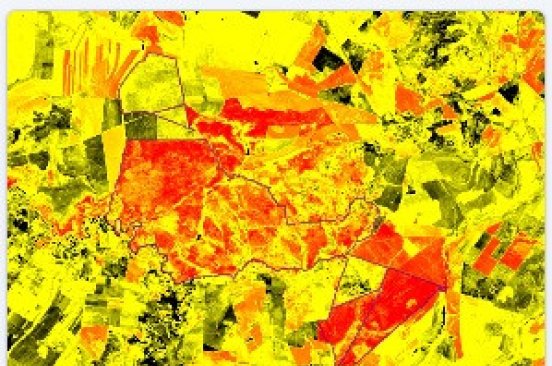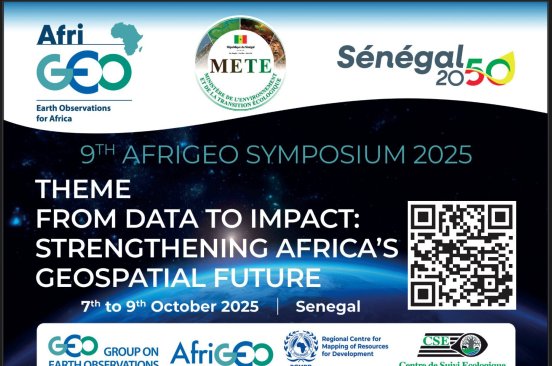
Ghana Flying Labs Launches to Help Address Local Challenges Using Drones and Data
Ghana Flying Labs will train a new generation of talent by facilitating world-class training courses and educational events and incubating new businesses.
November 25th, 2019
It took just one conversation with a member of team Cameroon Flying Labs to pique Kwamena Hazel's and Francis Owusu's interest in launching their own Flying Lab in Ghana. The newly formed Ghana Flying Labs shared WeRobotics' philosophy of sustainable technology innovations implemented at the local level, and the power of sharing and transferring that knowledge to others through workshops and training missions.
Drone technology offers new opportunities for governments, development organizations, research centers, private companies, and farmers that increasingly rely on data for strategic collaboration and decision-making. For example, with a single drone mission, you can get a clear understanding of the shading conditions of a solar site at any time of the year. During construction, you can overlay actual construction progress imagery with site plans to gauge whether construction is proceeding according to specifications.
Applications for drones and data applied to many new and existing local efforts—from land survey and agriculture to safety inspections and disaster response—create new jobs that require people who know how to implement these technologies. Ghana Flying Labs will train a new generation of talent to fill this job gap by facilitating world-class training courses, building skills through educational events, and incubating new businesses. And with their various spraying drones, they can help farmers responsibly and sustainably to map and cultivate their land.
As the Ghana Flying Labs team takes shape and plans their future project scope, they've detailed their overarching priorities:
- Improvements in Safety and Efficiency: The use of drones improves some time-consuming or dangerous jobs, like inspecting public utility poles or bridges, deliveries across treacherous terrain, or farming. Drones collect data faster than manual methods and can endure exposure and distance better than people can, making them ideal partners for reducing risk to workers.
- Better Information at a Lower Cost: Drones can capture detailed imagery of tower, pole, and turbines from almost any angle, enabling maintenance personnel to spot potential defects that are often impossible by any other method. These improvements help asset managers make better decisions about necessary repairs, thus optimizing their maintenance budgets and minimizing downtime.
- Data Collection for Comparative Analysis: Unlike manual inspection data that takes more time to collect and then generally lives inside an inspector's head or in a forgotten spreadsheet, drone data can be gathered quickly, shared with multiple stakeholders, and analyzed from different angles.
- Improved Access to Data: For the amount of data that is processed with a typical inspection, reading and consuming the information is surprisingly simple. Data can even be delivered through a smartphone app, allowing field maintenance personnel to proceed directly to the location of identified defects.

Through an official partnership with Kwame Nkrumah University of Science and Technology (KNUST), and with NGOs, government, corporate CSR, local farmers, and other educational and research institutions, Ghana Flying Labs looks forward to sharing more about their current and forthcoming work. Watch this space for more.
Category(s)
Recent Articles
View All »

Wildfire Assessment and Web Application in Sao Paulo
